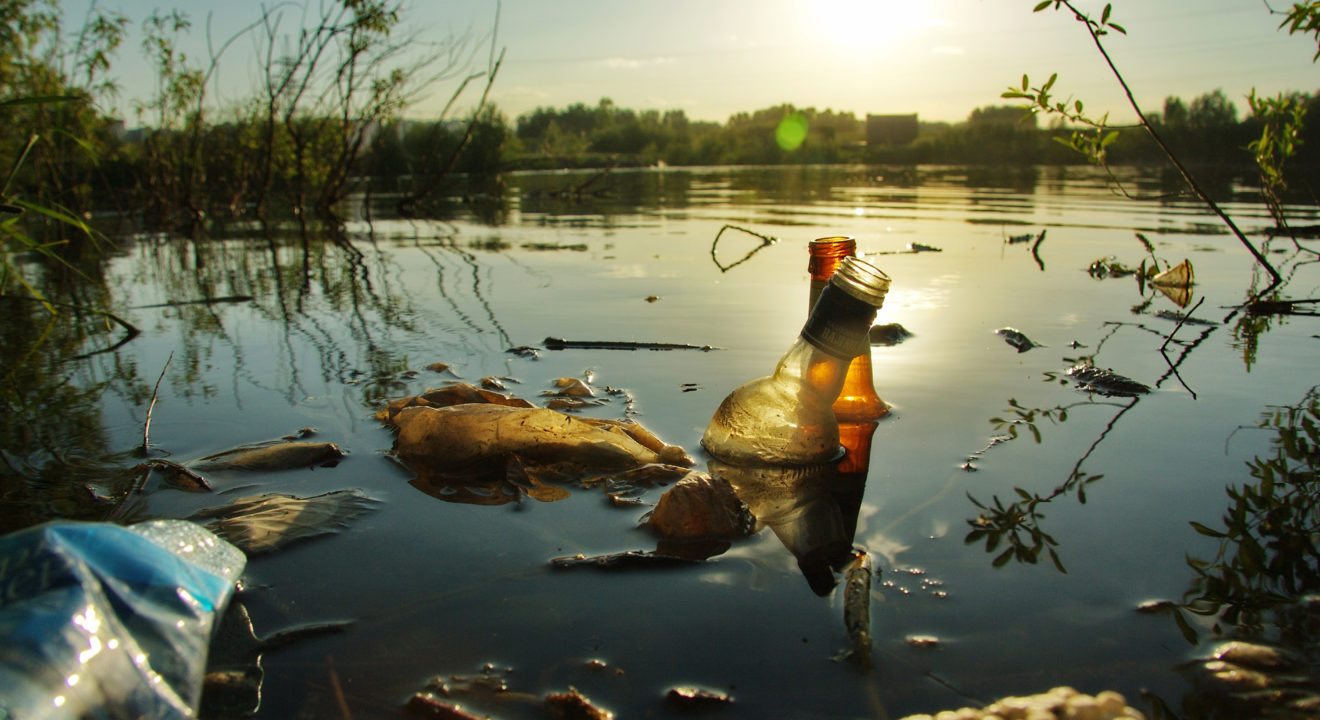February 21, 2017


It’s midday, and the sun is at its peak point, radiating humid, uncomfortable heat. You’re excited because you scheduled a time to jump in the lake with some friends to cool down—except wait—there’s a sign near the entrance where the trees are cleared. “No swimming. Polluted water. Unsafe to enter.” Well that just ruined your day. But what does it mean for you or for the area around the lake?
The Nature Conservancy states that half of the world’s substantial lakes are being polluted or depleted. We rely on freshwater lakes and rivers for our drinking water. If they’re polluted, we can’t use them, and if we can’t use them, we don’t have water. Or we’ll only have water that makes us sick.
Regulation has been implemented in the U.S. so that industry and agricultural practices must have systems to prevent toxic wastewater from flowing into nearby lakes and rivers, but sometimes the damage is already done, and on top of prevention strategies cleanup procedures must be initiated.
What are more difficult to control are the natural ways in which toxic runoff reaches lakes and rivers, like rain. Rainwater from, say, a parking lot, can carry with it oil, litter, bacteria, and other harmful substances, and flow directly into a freshwater source.
Runoff can even flow through a farm and remove the topsoil, which is a necessity for farming. If people eat fish from freshwater lakes or rivers that have been contaminated, that contamination ends of up inside of us. Isn’t it ironic that the waste we are producing could come back to harm us?
What’s worse is that the ecosystems surrounding a polluted lake or river suffer immensely from pollution. Chemicals, pesticides, fertilizers, or sewage degrade and kill wildlife and destroy habitats. Ecosystems are fragile, and if even a small thing is disrupted, it could affect the entire system. The World Wildlife Federation reports that in the past few decades, over “20% of the world’s 10,000 freshwater species have become extinct, threatened or endangered.”
Most of the pollution to the environment is caused by human activity, so it’s our job to find solutions that don’t pollute. With a booming population of over 7 billion people, is water pollution something that cannot be avoided? National Geographic reports that 2 million tons of human waste is dumped into rivers and other water channels every day. Are people aware that this is an issue for both humans and the planet?